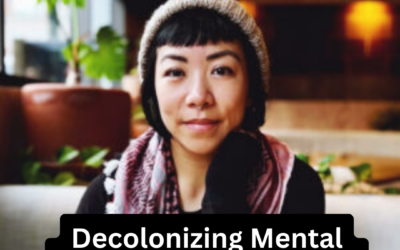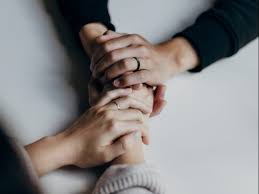Podcast: Play in new window | Download (Duration: 50:47 — 34.9MB)
Subscribe: Apple Podcasts | Spotify | Amazon Music
The Power of Co-Regulation
Explore the myth of self-regulation, the natural neurobiology of co-regulation and it’s capacity to engage safety and heal trauma. Learn about using interpersonal neurobiology (IPNB) and Polyvagal Theory to establish safety and security in therapy and in relationships.
Therapist Uncensored co-host Sue Marriott LCSW CGP talks with author and therapist Bonnie Badenoch about the concept of using safety to reshape your neural landscape through authentic relationships. Badenoch guides us through her progression of building a bridge between science and practice to cultivate the best therapeutic mind.
You’ll learn how exercising “happy humility” and compassion can allow for an ideal presence in our day-to-day life using our autonomic nervous system. Also, special hats off to Steve Porges and polyvagal theory.
0:00-30:00
What creates safety? How do our internal systems want us to be received?
Sympathetic activation happens when there’s a need to control something in light of an obstacle.
Internal systems challenge to remain in an open and receptive state. Polyvagal theory and Steve Porges.
How can we explore the relationship between safety and curiosity and best use the language of “safety,” versus “comfort” and “discomfort”, especially towards the beginning of therapy and in new relationships?
Badenoch contends that there’s no such thing as a maladaptive experience; that humans are always adaptive and require co-regulation.
What’s the difference between co-regulation and auto-regulation? Is there a “myth” of self-regulation? Discussion of ideal parent figure protocol.
Badenoch explores the connection between co-regulation, neural circuitry and forging relationships in your life.
30:00-60:00
Social Baseline Theory is what happens to our perceptions when someone we trust is with us. The difficulty and pain of tasks is always reduced when we’re with a trusted beloved and this relaxes our amygdala response.
Badenoch walks us through her experience of feeling safe during and between client sessions.
It’s key to have mutual, caring, receptive relationships with people who are willing to listen rather than jump in and try to offer advice. Young therapists.
Everyone’s doing the best they can with what they have in their neural make up but how can we embody a therapeutic presence in the world through compassion or a “happy humility”?
Resources:
A Symphony of Gifts From Relational Neuroscience (1) Excellent PDF from Bonnie Badenoch
Being a Brain-Wise Therapist: A Practical Guide to Interpersonal Neurobiology [2008] Badenoch
The Brain-Savvy Therapist’s Workbook [2011] Badenoch
The Heart of Trauma: Healing the Embodied Brain in the Context of Relationships [2017] Badenoch
The Heart of Trauma Healing the Embodied Brain in the Context of Relationships by Steve Porges!
For our listeners!
Our long-awaited Advanced Course is launching soon! Purchase today for the lowest price possible. Pre-sale pricing ends September 18.
Join Us On Patreon
For as little as $5 a month you can join our exclusive community of Therapist Uncensored Neuronerds to gain private, more in-depth episodes AND to support production of this podcast to provide access to the science of relationships across the globe.
YES SIGN ME UP FOR PATREON, OR FIND OUT MORE, click here!














